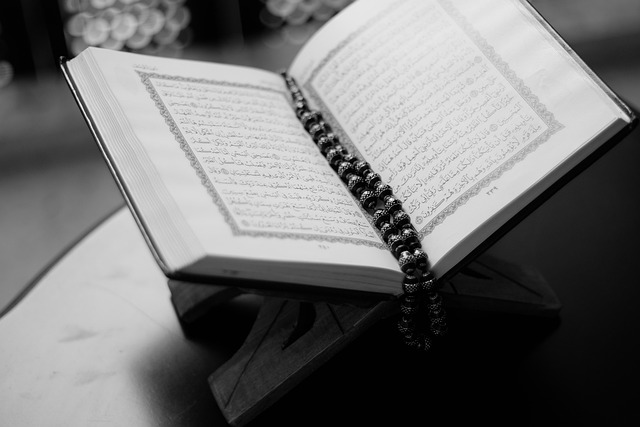When we think about fasting, most of us immediately think of Ramadan. For one month, Muslims across the world fast from dawn to sunset, experiencing hunger, patience, and a stronger connection with Allah. But fasting in Islam does not end with Ramadan. The Prophet Muhammad (ﷺ) encouraged voluntary fasting throughout the year because of its countless physical, spiritual, and emotional benefits. These fasts are small acts of worship that bring great rewards and blessings into our lives.
Why Voluntary Fasting Matters
Fasting is not only about staying away from food and drink it is about self-control, discipline, and drawing closer to Allah. When a believer fasts voluntarily, they show Allah that worship is not limited to obligatory duties. Instead, it comes from genuine love and eagerness to please Him. Voluntary fasts also make up for shortcomings in our obligatory acts, covering the gaps in our Ramadan fasts and strengthening our faith.
The Six Days of Shawwal
One of the most recommended voluntary fasts is the six days of Shawwal, the month that comes right after Ramadan. The Prophet (ﷺ) said: “Whoever fasts Ramadan and then follows it with six days of Shawwal, it is as if he fasted the entire year.” These fasts are like a continuation of Ramadan, helping us maintain the spiritual momentum and discipline we gained during that blessed month.
Mondays and Thursdays
The Prophet (ﷺ) used to fast regularly on Mondays and Thursdays. When asked why, he explained that deeds are presented to Allah on these days, and he preferred his deeds to be shown while he was fasting. For us, fasting on these days is a beautiful way to stay spiritually connected during a busy week. It also teaches us patience and strengthens our willpower, while reminding us to pause and reflect in the middle of our routines.
The Day of Arafah
For those who are not performing Hajj, fasting on the Day of Arafah (9th of Dhul-Hijjah) is highly rewarding. The Prophet (ﷺ) said that fasting on this day wipes away the sins of the past year and the coming year. Imagine just one day of fasting bringing forgiveness for two years of mistakes. It is a powerful reminder of Allah’s mercy and an opportunity no believer should miss.
The Day of Ashura
Another significant voluntary fast is on the 10th of Muharram, known as the Day of Ashura. The Prophet (ﷺ) said that fasting on this day expiates the sins of the previous year. To distinguish from non-Muslim practices, he also encouraged fasting on the 9th or 11th along with it. This fast connects us with the history of Prophet Musa (AS) and reminds us of Allah’s help and victory for the believers.
The Personal Benefits of Voluntary Fasting
Beyond the spiritual rewards, fasting also benefits our health and mind. It gives the body rest, improves digestion, and teaches us control over desires. More importantly, it strengthens empathy. When we fast voluntarily, we remember the struggles of the poor and hungry. This feeling encourages generosity and charity, building a stronger bond with our community.
Conclusion
Fasting is a gift from Allah a way to cleanse the soul, strengthen the heart, and increase rewards. While Ramadan is the highlight of the year, voluntary fasts throughout the months keep us connected to Allah consistently. Whether it’s the six days of Shawwal, fasting on Mondays and Thursdays, or the blessed days of Arafah and Ashura, each opportunity is a chance to grow spiritually. By making voluntary fasting part of our lives, we can stay close to Allah all year round and earn endless blessings in both worlds.

